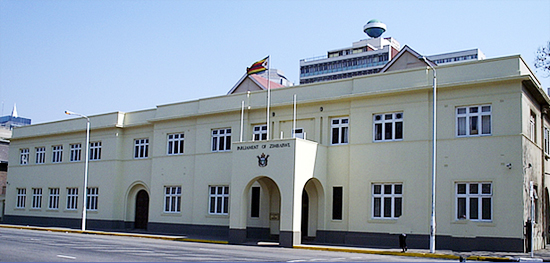The women’s quota system in Parliament, which has been extended by a further 10 years, is mere tokenism that will never empower any woman, citizens have said.
The proportional representation system in which 60 females are elected into the National Assembly, six from each of the country’s 10 provinces came into effect in 2013 and was set to expire next year.
However, speaking Wednesday on This Morning on Asakhe, a daily programme hosted by CITE on Twitter Space participants said they feel the quota system, which has been extended by a further 10 years through Constitutional Amendment Number 2, is just mere tokenism.
“When we started this movement of the quota system and having women in Parliament started it was a good move because we didn’t have a lot of women in Parliament,” said Tariro Gurure.
“We didn’t have representation in Parliament and when it started everyone was like, yeah this is it.”
She was quick to say that the fact that those women went into Parliament without constituencies of their own, weakened their presence in the august House.
“Who are you representing? She queried.
“Yes, we understand that you are a citizen of Zimbabwe, we understand that you are a woman and we constitute the majority of people in Zimbabwe but then when you then debate who are you representing? So this is where we started lacking.
She further said: “We realised, ok, women have been given seats, but when they want to debate they can be interjected and told, ‘sit down because you don’t have a constituency meaning that you do not add value.”
She said the parliamentary whipping system is to blame for the silence of some of the PR MPs in Parliament.
“So for me, it’s (PR system) tokenism and it’s dangerous to our society,” she said.
“It’s dangerous to the electorate. It is dangerous to the person that thinks they’ve made it when they’re on the PR ticket.”
Bulawayo Central legislator Nicola Watson, who previously served as Bulawayo PR MP between 2013 and 2018 said the system was not empowering.
“Which women are you empowering? She quizzed.
“Are you empowering the 60 women who’ve gone to Parliament, or are you empowering the 50% of the population of Zimbabweans who are women? Unfortunately, somehow because of the things that Tariro mentioned, it doesn’t. It hasn’t shown itself thus far to work.”
She said the system has not empowered women to go into an election with confidence, adding it creates a situation where women are “available for manipulation.”
“Yes, the PR MPs were the ones who felt the power of the recall far more than the constituency MPs. So yes, they are more vulnerable if you will to party politics.”

